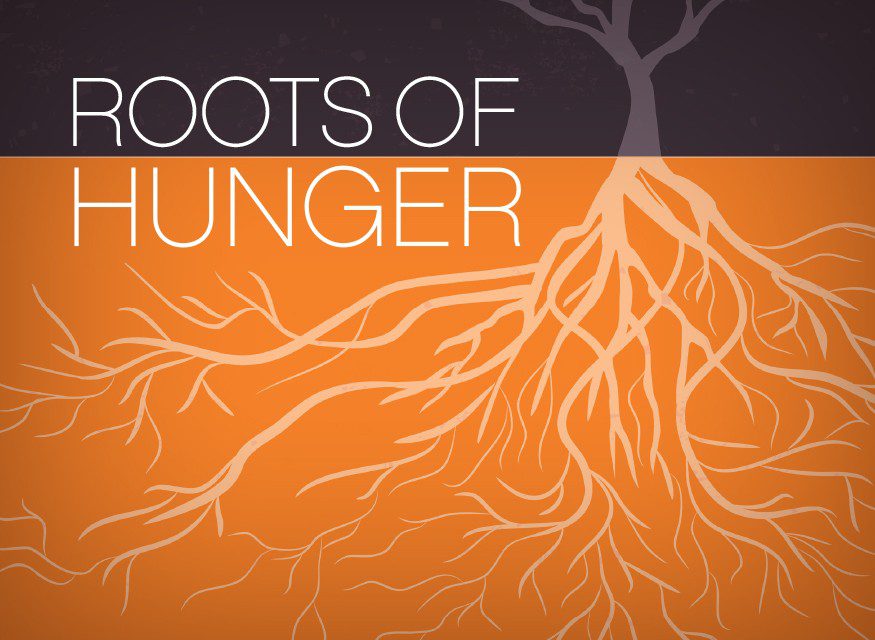Washington, D.C. – Bread for the World is urging members of Congress to include hunger and poverty in their debates about immigration reform. Last week, House Republican leaders released a one-page document outlining principles for immigration reform.
Rev. David Beckmann, president of Bread for the World, issued the following statement in response:
“We appreciate the Republicans’ principles, and look forward to a healthy debate on this issue. I hope that these principles can be a first step to addressing not only our border security, but also the root causes of immigration.
“Migration is often part of the great exodus from hunger, as people move across national borders to escape poverty and improve their livelihoods. Similarly, undocumented immigrants in the United States—an estimated 11-12 million people—disproportionately experience hunger, which is why comprehensive immigration reform must address hunger as an immigration issue, both domestically and abroad.
“House GOP leaders stated that they are committed to ‘working in a bipartisan manner to fix our broken immigration system. We commend their efforts, and urge Congress to consider both the root causes and implications of undocumented immigration in finding solutions.”



